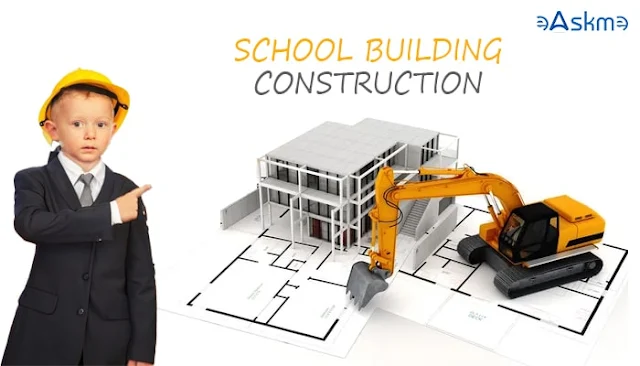Why should you take the GMAT exam?
he test is designed to meet the specifics of business graduates and their needs. It measures the skills that may be needed in management and are necessary for successful business.
 |
| Stand Out on Your Business School Application with GMAT Test: eAskme |
The admissions professionals have also preferred the GMAT exam over other tests. This number has increased by 44% since 2014.
The GMAT showcases to the admissions officers that you are serious about your degree in business.
It also shows your commitment to the program and your readiness and steadfastness.
The GMAT test is also much shorter than many other exams being only 3 hours and 30 minutes while the GRE test is 3 hours and 45minutes.
The shorter exam allows the students to have a better focus during the test and they don't get tired and exhausted with the duration.
The exam is divided into 4 sections instead of 7.
This also shortens its time.
The GMAT score has been set as an industry standard. It has individual scores + total score.
The test gives the university a single score, which evaluates your ability in all sections.
The examiners have the option to look at the entire score or look individually at each section to get a better understanding.
Universities have to convert other scores into the GMAT points, which often does not give an accurate score, since the GMAT is tested on many different criteria than the other exams.
Exam Detail:
The GMAT test is a prestigious name to add to your business profile.The exam itself is considerably easy to attempt and pass.
It is divided into different sections that evaluate the specific ability of the candidate.
The four sections include Analytical Writing Assessment that measures your communication skills and your ability ponder and develop new ideas within the allotted time; Integrated Reasoning checks your ability to process and analyze various forms of information to produce the suitable output; Quantitative Reasoning, which will test your reasoning skills and your ability to summarize and draw conclusions; and Verbal Reasoning, which verifiesone’s verbal communication skills and understanding of the standard English language by asking him/her to correct written information and produce a supporting argument.
The GMAT exam duration is 3.5 hours during which you are allowed to take two breaks of 8 minutes each that are optional and left at the candidate's discretion. It consists of 80 questions in total that are divided among the different sections.
Each part is also allotted a specific time that is in correlation with the amount of questions. The questions are assessed by a point system.
Each section is assigned a different range of points out of which the question is scored. These scores then add up to make the final score of the students.
The Analytical Writing Assessment section has a point range of 0-6 with increments of 0.5, its duration is 30 minutes and it consists of only 1 question (an essay).
The Integrated Reasoning part has a point range of 0-8 in 1 point increments. It contains 12 questions and the duration is 30 minutes.
The Quantitative Reasoning section contains 31 questions and has a time duration of 62 minutes.
The points that can be awarded range from 6 to 51 in 1 point increments.
The last area is Verbal Reasoning, which consists of 36 questions and has a time duration of 65 minutes.
The point range is between 6-51 in 1 point increments. The cost of the GMAT test is standard for all US countries and is $250.
Registration Process:
Scheduling the GMAT exam is a painless process. It requires no physical presence or documents to apply for.The entire process can be done online by creating an account on their website.
After you have an account you are able to schedule, reschedule and cancel any exam that you wish.
Other methods of registering for an exam are also available.
You can register by calling the GMAT regional number and have a telephone assistant schedule a review for you.
There is however a surcharge of $10 when you use this method.
The test is carried out across the globe, so every region has a specific phone number that is available on their website.
Preparation Options:
The GMAT test requires time, that is why it's beneficial to start your preparation at least 2-3 months in advance.This gives you a good start and increases your self-confidence in knowing you are well prepared.
Always use sufficient materials to study from.
Practicing and preparing for your exam is a whole process.
It requires you to dedicate time energy and proper equipment.
You can never know how well you're prepared unless you have practiced from different sources and studied from various books.
You must remember not all the information you find in your books contain every detail of what you need.
Therefore, it's greatly encouraged to do your research, get your study guides and exam dumps organized.
Align all your work and when you begin studying, work section by section.
Remember that every test has a pattern.
A format that lets you analyze the type of questions you will get and how to score well on these criteria.
Focus on time management and utilize the most of what is provided to you in your course.
Conclusion:
To sum up, the GMAT test provides good opportunities for those individuals who want to get into a business school.They are much likely to score higher on the GMAT as they will be tested on skills related to their field.
Over the years, many business admissions offices give their preference to the students who take this exam because they understand their abilities well.
If you have any question, feel free to ask via comments
Share it with your friends and family.
Don't forget to join the eAskme newsletter to stay tuned with us.










